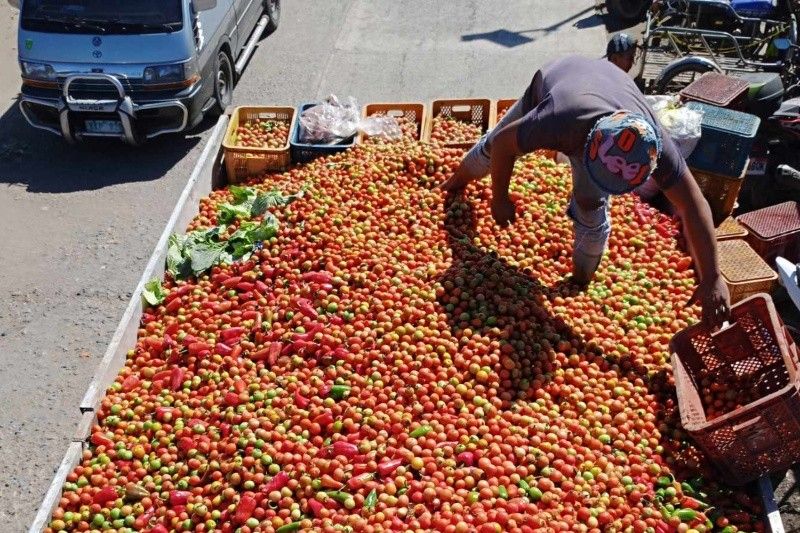30% of vegetables wasted due to poor logistics — DA

MANILA, Philippines — Around 30% of all vegetables produced in the Philippines get discarded or become wastage due to inefficient logistics, according to the estimates of Agriculture Secretary Francisco Tiu-Laurel.
Laurel said during a press briefing on Tuesday that 30% of produce gets wasted due to the “poor logistics system in our food supply chain,” adding that the data is based on his estimates from running a cold chain logistics firm before joining government.
“If we can lesson or almost eliminate our losses, that will be equivalent to at least 10 to 15 percent less cost in our vegetables and high-value crops like fruits,” Laurel said.
The DA chief also acknowledged that the department does not have accurate data to quantify exactly how much vegetables are wasted every year, but he said that the same estimate was given by a farmer he spoke to who brings his products from Benguet to Manila.
Laurel said that farmers’ oversupply issue has prompted the DA’s plans to establish a 5,000 pallet position cold storage for high-value crops, including vegetables, that would “serve only the farmers and cooperatives in the country.”
“The oversupply situation — that’s a matter that should also be addressed by local governments. But of course the DA should coordinate and plan with them,” Laurel added.
Tiu-Laurel also said during the briefing that about 450,000 tons or 12 to 15% of the total production for rice and corn are wasted in the Philippines every year.
On Tuesday, the DA unveiled its three-year plan to boost food production and make "farming and fisheries viable for investors and a career option for young Filipinos."
According to the DA, it has started to establish post-harvest facilities that target to increase rice and corn inventory by 23 days to help lessen grain imports without increasing production areas.
The DA is also eyeing to establish new irrigation facilities, zoning, and identification of key areas as well as enhancing existing infrastructures to expand production areas in both land and water.
Overall, the DA’s framework for improving food security will cost the government around P93 billion, which Laurel said would be recovered in “under nine years.”
- Latest





























